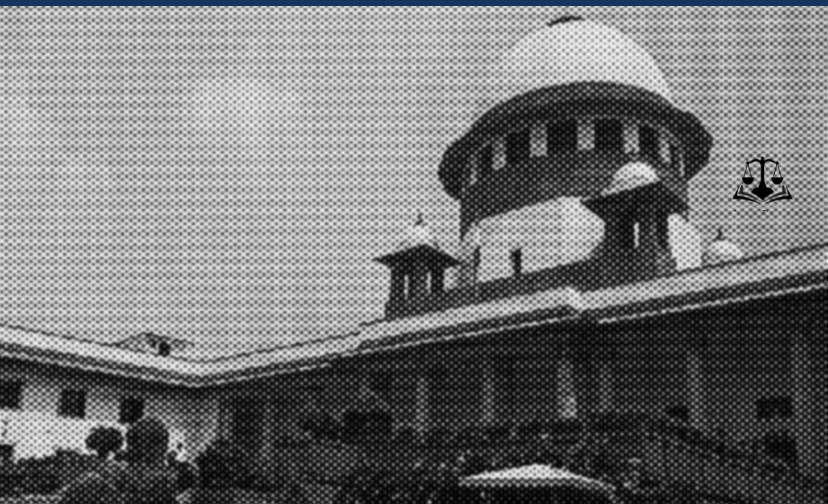Supreme Court upholds retrospective extension of tenure of ED Director

Supreme Court has Today upheld the order of the Central Government over retrospective extension of tenure of Enforcement Directorate Director, Sanjay Kumar Mishra clarifying that no further extension shall be granted.
A divisional bench of Justice L Nageswara Rao and Justice BR Gavai, "Any extension of tenure granted to persons holding the post of Director of Enforcement after attaining the age of superannuation should be for a short period."
The Apex Court has passed the direction in a Public Interest Litigation filed by NGO, Common Cause seeking direction to quash the order passed by the Central Government extending the tenure of Sanjay Kumar Mishra till November 2021.
The petition had further sought direction for the appointment of the Director of Enforcement in accordance with the procedure prescribed under Section 25 of the Central Vigilance Commission Act, 2003.
It was the contention of the petitioner that Mishra attained the age of superannuation in May 2020 and the order of the Central Government is contrary to Section 25 of the CVC Act.
Senior Advocate Dushyant Dave appearing for the Petitioner emphasized Fundamental Rule 56, according to which there cannot be any extension of the service of Director of Enforcement. "There is no exception carved out in Fundamental Rule 56 for appointment, reappointment/extension of officers other than those who are mentioned in the Rule," Dave added.
Dave further submitted that there are several competent officers who are eligible for consideration of appointment to the post and they should not be deprived of the opportunity to be appointed in accordance with the procedure prescribed under the CVC Act.
However, Solicitor General Tushar Mehta challenging the maintainability of the petition submitted that the issue essentially relates to a service matter and it is settled law that Writ Petitions in the public interest are not maintainable in regard to disputes relating to service.
The bench refused to entertain the contention over the maintainability of the petition.
Whereas, over the issue of Rule 56 the bench observed that the Government servant shall retire on attaining the age of 60 and Posts for which extension can be granted beyond 60 years are specifically mentioned in the Rule and the Post of Director is not mentioned in the Rule for which extension may be allowed.
The bench further noted that the initial appointment of Mishra for a period of two years which extends beyond the date of his superannuation is in accordance with Section 25 of the CVC Act. "For all practical purposes, he should be treated as the Director of Enforcement till that particular date he was holding an office which is not below the rank of an Additional Secretary to the Government of India. Therefore, he was eligible for extension of tenure," the bench added.
Over the pivotal point which is the source of power for extension of the tenure of Mishra, Mehta submitted that extension can be ordered by resorting to Section 21 of the General Clauses Act in the absence of a specific provision in the CVC Act. To which Dave contended that Section 21 of the General Clauses Act has no application to Section 25 of the CVC Act.
Whereas, the bench relying upon the judgment of the Supreme Court in the case of State of Punjab v. Harnek Singh noted that If the Government has the power to appoint a person as Director of Enforcement for a period of more than two years, Section 25 of the CVC Act cannot be said to be inconsistent with Section 21 of the General Clauses Act.
Judgment in the case of State of Punjab v. Harnek Singh states that General Clauses Act has to be read into all Central Acts unless specifically excluded.
However, the bench clarified, "Though we have upheld the power of the Union of India to extend the tenure of Director of Enforcement beyond the period of two years, we should make it clear that extension of tenure granted to officers who have attained the age of superannuation should be done only in rare and exceptional cases."
Case Title: Common Cause Vs. Union of India & Ors.
Also Read: Supreme Court upholds retrospective extension of ED Director by Centre
